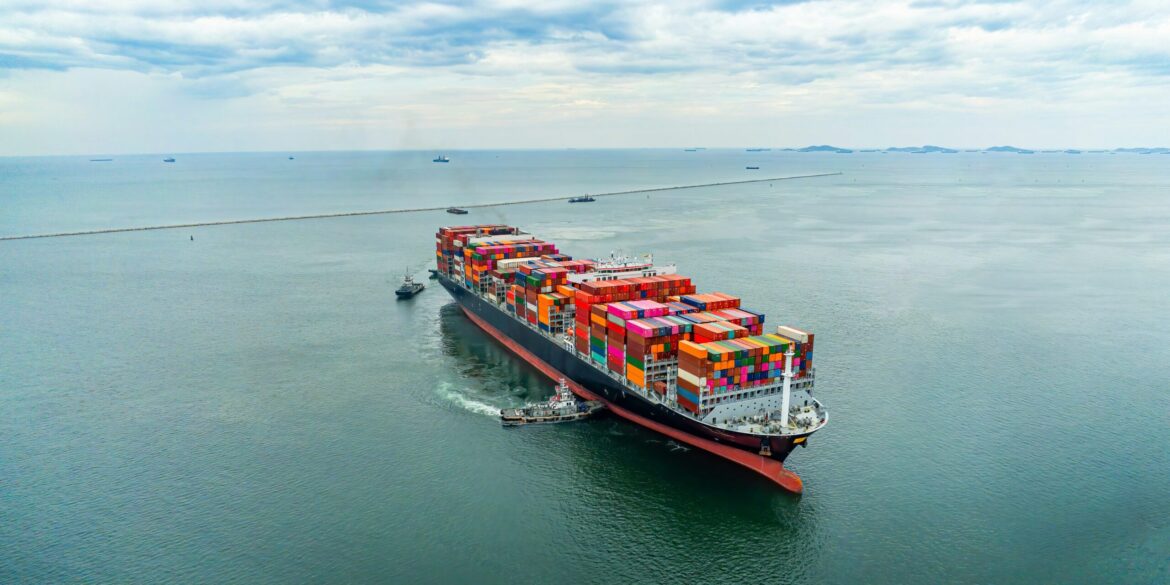A significant legal development occurred this week as a federal trade court ruled to block former President Donald Trump’s sweeping tariffs, a move that could have far-reaching implications for U.S. trade policy. The court stated that the tariffs, which were imposed on hundreds of billions of dollars’ worth of imports, exceeded the presidential authority granted under the 1977 International Emergency Economic Powers Act (IEEPA). The tariffs, which were originally introduced by the Trump administration as a response to perceived trade imbalances, have been a source of controversy since their imposition.
The decision marks a key moment in the ongoing debate over presidential power in trade negotiations and the extent to which a president can unilaterally impose tariffs under the IEEPA. The Trump administration had justified the tariffs by citing a national emergency related to the United States’ trade deficit, arguing that foreign countries, particularly China, were engaging in unfair trade practices that harmed American businesses and workers. However, critics of the tariffs argued that they disproportionately affected U.S. consumers and businesses, creating economic instability in industries reliant on international trade.
The tariffs were applied to a wide range of goods, including steel, aluminum, and electronics, and sparked retaliatory measures from trading partners, leading to an escalating trade war. The economic impact was felt across various sectors, including agriculture, manufacturing, and retail, with businesses facing higher costs and uncertainty. Many experts believed that the tariffs contributed to slowing economic growth during the Trump administration, particularly as tensions with China escalated.
In its ruling, the court pointed to the fact that the scope and nature of the tariffs went beyond the authority granted by the IEEPA, a law that allows the president to regulate foreign trade during a declared national emergency. The court emphasized that such a broad application of tariffs required clear congressional authorization, something the Trump administration lacked. The decision underscores the principle of checks and balances, limiting the power of the executive branch when it comes to matters of significant economic consequence.
Following the court’s ruling, the Trump administration, which had long defended the tariffs as necessary to protect U.S. interests, indicated that it would appeal the decision. The appeal process could take months or even years, meaning the ultimate fate of the tariffs may not be decided for some time. In the meantime, the ruling has already begun to shape discussions about future trade policy, both in the U.S. and abroad.
The Trump-era tariffs were part of a broader “America First” trade policy that sought to reduce the U.S. trade deficit and bring more manufacturing jobs back to the country. While supporters of the tariffs argued that they were necessary to address long-standing trade imbalances, critics viewed them as a tool for political posturing, rather than a solution to structural trade issues. The ruling by the federal trade court brings renewed attention to the limits of executive power in trade matters, especially in light of the significant economic repercussions that such policies can have.
As the legal battle over the tariffs continues, the ruling could have a lasting impact on future administrations’ approach to trade policy. A decision from a higher court could either solidify or overturn the lower court’s ruling, making this a critical moment in the ongoing debate over the proper role of the executive branch in shaping U.S. trade relations.
The Trump administration’s handling of tariffs was just one aspect of its broader approach to international trade, which also included withdrawing from multilateral agreements such as the Trans-Pacific Partnership (TPP) and renegotiating deals like the North American Free Trade Agreement (NAFTA). With the court’s ruling blocking the tariffs, the U.S. may be forced to reconsider how it approaches international trade negotiations moving forward, particularly as it relates to its relationship with key economic partners like China and the European Union.

